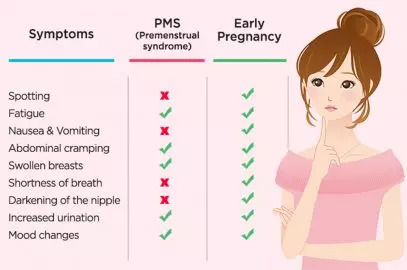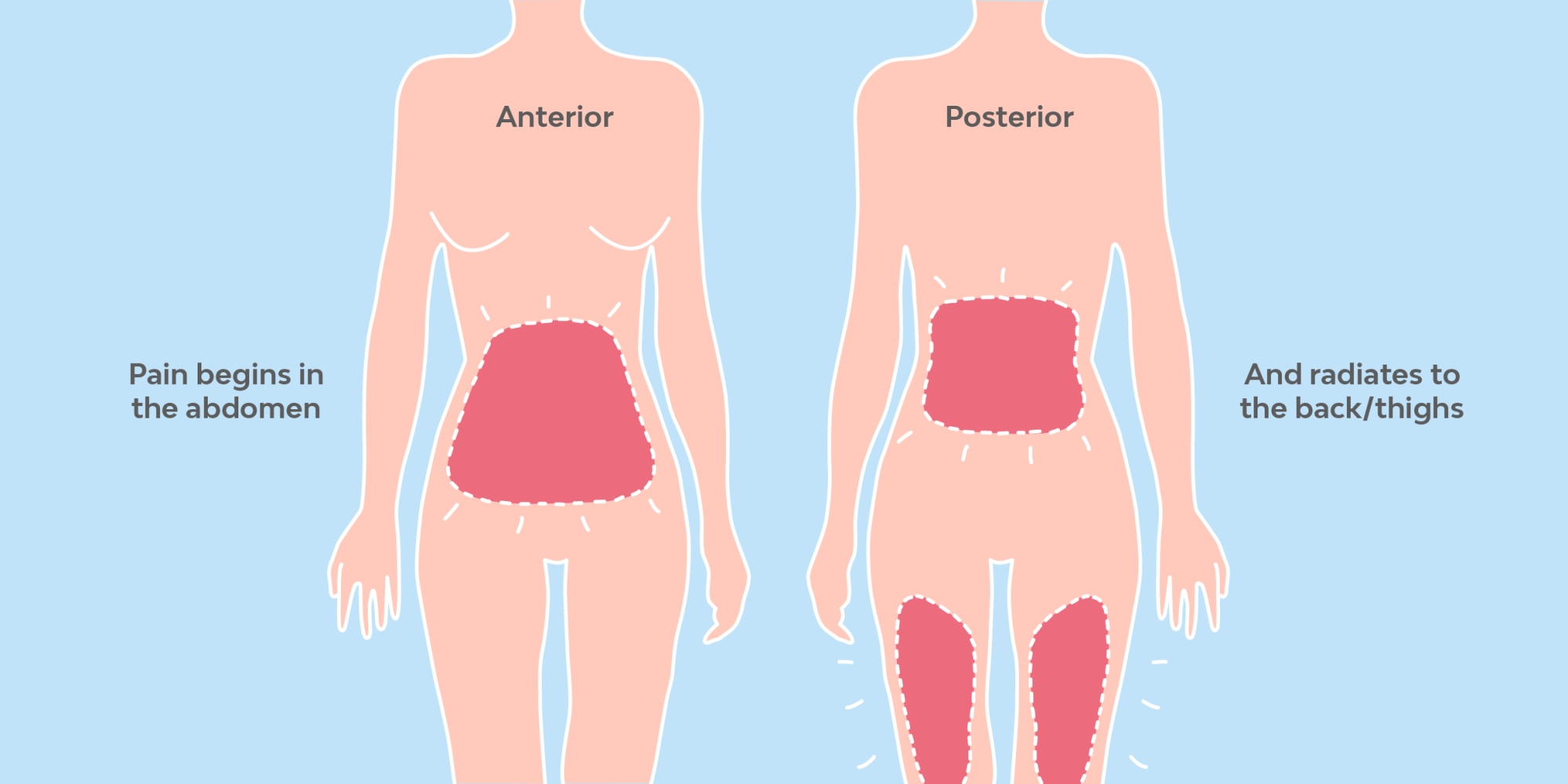

Some herbal supplements women use to ease PMS symptoms include: Many herbal supplements should not be used with other medicines. Some research studies show relief from PMS symptoms with these herbal supplements, but other studies do not. The Food and Drug Administration (FDA) does not regulate herbal supplements at the same level that it regulates medicines. They may interact with other medicines you take, making your other medicine not work or cause dangerous side effects. Talk with your doctor or nurse before taking any of these supplements. Others say herbal supplements help relieve symptoms. Some women report relief from their PMS symptoms with yoga or meditation. 27 Good sources of polyunsaturated fatty acids include flaxseed, nuts, fish, and green leafy vegetables. Studies show that taking a supplement with 1 to 2 grams of polyunsaturated fatty acids may help reduce cramps and other PMS symptoms.

The Food and Drug Administration (FDA) does not regulate vitamins or mineral and herbal supplements in the same way they regulate medicines. Studies show that certain vitamins and minerals may help relieve some PMS symptoms. Talk to your doctor or nurse about the benefits and risks. Anti-anxiety medicine may help reduce feelings of anxiousness.Īll medicines have risks.Diuretics (“water pills”) may reduce symptoms of bloating and breast tenderness.Selective serotonin reuptake inhibitors, or SSRIs, are the most common type of antidepressant used to treat PMS. Antidepressants can help relieve emotional symptoms of PMS for some women when other medicines don’t help.You may need to try several different types of birth control before you find one that helps your symptoms. Hormonal birth control may help with the physical symptoms of PMS, 12 but it may make other symptoms worse.Prescription medicines may help if over-the-counter pain medicines don’t work: 22 Some women find that taking an over-the-counter pain reliever right before their period starts lessens the amount of pain and bleeding they have during their period. Over-the-counter pain relievers you can buy in most stores may help lessen physical symptoms, such as cramps, headaches, backaches, and breast tenderness.

Over-the-counter and prescription medicines can help treat some PMS symptoms. PMS may also worsen some health problems, such as asthma, allergies, and migraines. Women with bladder pain syndrome are more likely to have painful cramps during PMS. Your IBS symptoms may get worse right before your period. Research shows that women with ME/CFS may also be more likely to have heavy menstrual bleeding and early or premature menopause. Some women report that their symptoms often get worse right before their period. Myalgic encephalomyelitis/chronic fatigue syndrome (ME/CFS).Depression and anxiety symptoms are similar to PMS and may get worse before or during your period. These are the most common conditions that overlap with PMS. 12 These health problems share many symptoms with PMS and include: About half of women who need relief from PMS also have another health problem, which may get worse in the time before their menstrual period.


 0 kommentar(er)
0 kommentar(er)
